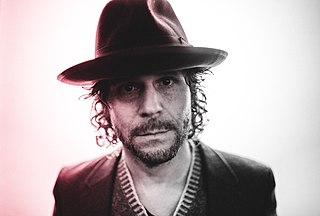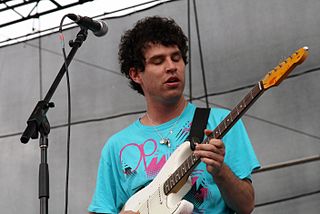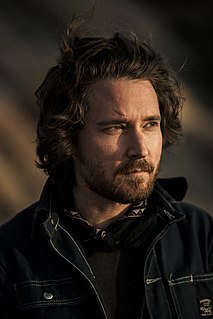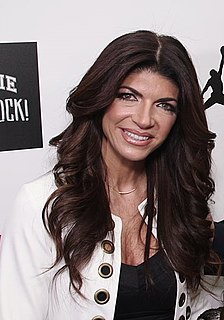A Quote by Janet Mock
Trans folk, especially of color, should not be obligated to help cis folk play catch-up on our experiences. The effort can detract from our work to protect and liberate ourselves.
Related Quotes
Anytime that we - and when I say "we," I mean feminine people, trans feminine folk, women - do anything that is centered on our own pleasure or desire, it's seen as frivolous. But learning how to love your own body and finding pleasure in something that has brought you pain [in the past] is so important. I think that it's probably a greater struggle for trans folk, because we struggle more with our bodies.
I think what makes the Byrds stand up all these years is the basis in folk music. Folk music, being a timeless art form, is the foundation of the Byrds. We were all from a folk background. We considered ourselves folk singers even when we strapped on electric instruments and dabbled in different things.
There is not a history of black intellectuals being allied with dominant forces to hold white people in social and cultural subordination for a few centuries. Second, the "our" of black folk has always been far more inclusive that the "our" of white folk. For instance, there would have hardly been a need for "black" churches if "white" churches had meant their "our" for everybody - and not just white folk. But "our" black churches have always been open to all who would join. The same with white society at every level.
It's weird, in New York, it's like the big theme of everything is folk music and interacting with people. Maryland is where the landscape of our music comes from, it was more like, let's walk around. People are saying that we are part of some sort of folk scene. We don't feel connected with it. We do live in the city, and communicate with people. It's all folk music.
I think there's a difference between the type of folk music that people put into the box of "folk music" and then there's the kind of folk music that I aspire to and am in awe of, and that is the kind of folk music where it's very limited tools - in most cases a guitar, in a self-taught style that is idiosyncratic and particular to that musician.
Demons frighten us because we set ourselves up to be frightened. We are overly attached to our reputations and possessions. When we love and desire what we should be rejecting, we are in conflict with our true selves. That's when the negative energies catch us and use our weapons against us. Instead of taking up what we have to defend ourselves, we put our swords in the hands of our enemies and make them attack us.
Most people's intuitions are drowned out by folk sayings. We have a moment of real feeling or insight, and then we come up with a folk saying that captures the insight in a kind of wash. The intuition may be real and ripe, fresh with possibilities, but the folk saying is guaranteed to be a cliche, stale and self-contained.





































